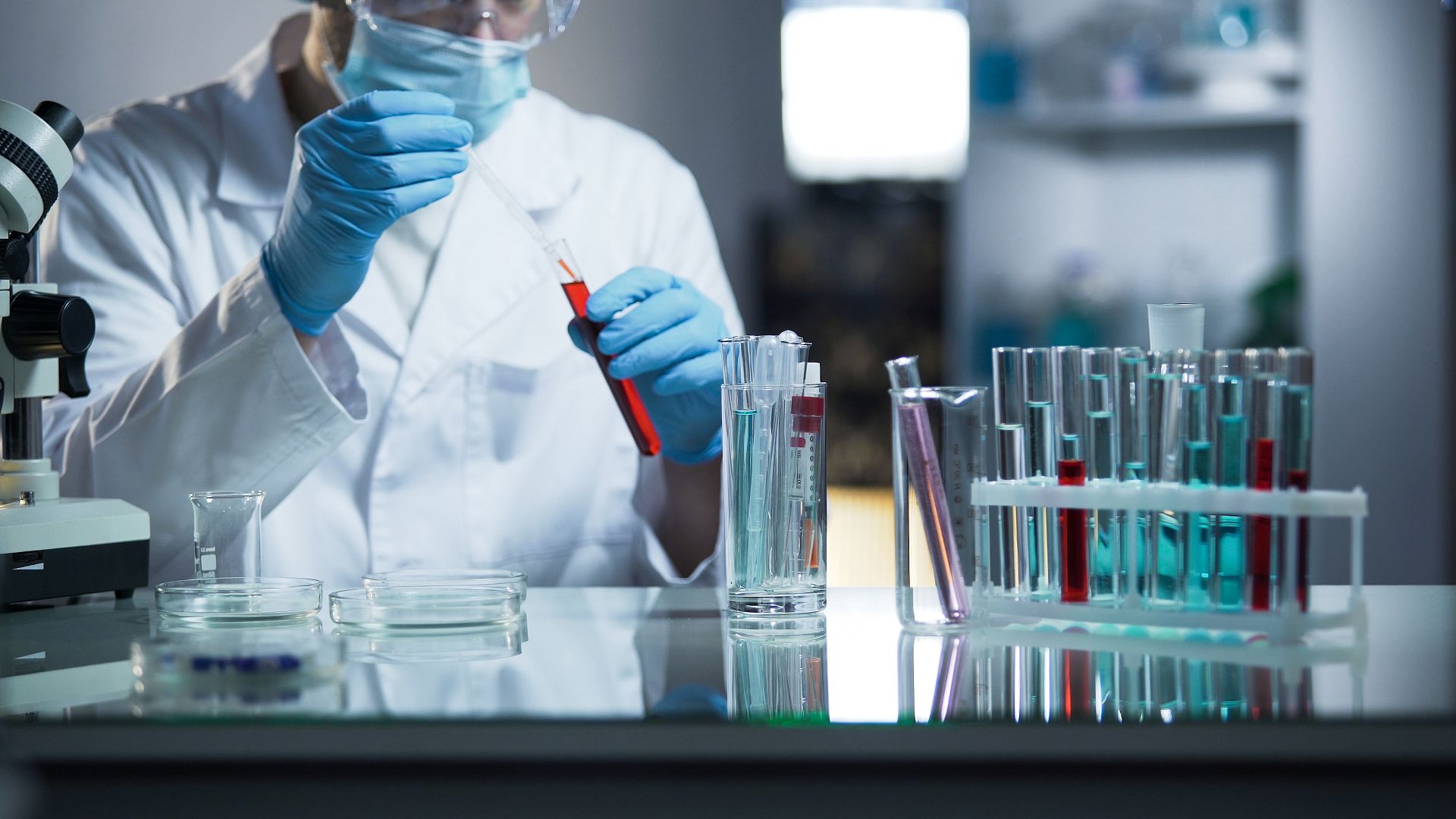Nurse With MS Wins Grant to Find Severity, Progression Biomarkers
Written by |

Motortion Films/Shutterstock
A nurse and PhD candidate with multiple sclerosis (MS) is looking for disease biomarkers that can help healthcare providers better estimate how individual cases of MS will progress.
The goal of Stephanie Buxhoeveden’s research, now supported by a grant from the American Association of Nurse Practitioners (AANP), is to help develop more effective treatments that are better tailored to each individual patient.
“MS is so different [in how the disease affects individuals],” Buxhoeveden said in a press release. “But right now, the treatment algorithm is pretty much the same no matter how you present [with symptoms].”
Buxhoeveden, who is working toward her PhD at the Virginia Commonwealth University School of Nursing, is investigating ways for clinicians to improve their ability to categorize different patients based on how severe their MS might become and how quickly it is likely to progress.
“Some people have MS for 30 years and never have an attack,” she said. “And [for] some people, [MS] is relentless and terrible from the beginning.”
Buxhoeveden was one of four applicants to win an AANP grant this year. The national membership association awarded $120,000 overall through its grants and scholarship program for 2021.
The funding will enable Buxhoeveden to gather blood samples from people with MS, which she hopes will reveal useful details of the specific form of each person’s disease. That data, in turn, would guide healthcare providers in creating better individualized treatment plans for each patient.
Many MS therapies carry undesirable side effects, researchers note. Knowing in advance who will benefit from such treatments — and who won’t — could go a long way toward reducing the burden placed on individual patients by aggressive therapy.
Buxhoeveden received her own MS diagnosis a decade ago. Then a competitive athlete and a successful critical care nurse in neurology, she struggled to accept her diagnosis.
“I was like, ‘No, this is a sports injury,’” Buxhoeveden said, in describing that moment. “‘It’s fine. I’m fine. You’re lying to me.’ Denial was the first stage.”
Reviewing her own MRI, and seeing lesions along her spine, led Buxhoeveden to accept her diagnosis — and to alter her own career.
Eager to understand more about the disease, she became certified in MS nursing through the International Organization of Multiple Sclerosis Nurses. While receiving treatment herself at the Barnabas Health Ambulatory Care Center, in New Jersey, she also began working as an MS nurse.
This experience led her to see the gaps in knowledge about MS that have since informed her research.
“I started to get frustrated that there weren’t answers to some of the most basic questions like, ‘Why do I have MS?’ ‘Why is my MS way worse than my friend’s MS?’” Buxhoeveden said.
She was accepted into a PhD program at VCU four years ago and has since had to stop seeing patients to focus on her research and on completing her doctorate degree.
Theresa Swift-Scanlan, PhD, professor and director of VCU’s biobehavioral research lab, believes Buxhoeveden’s work could help those with MS.
“I think her biomarker discovery work, together with our work and the work of others, has a strong chance of making a difference for MS patients,” said Swift-Scanlan, who is serving at Buxhoeveden’s doctoral research adviser.
Buxhoeveden continues to seek funding to help her analyze the blood samples made possible through the AANP grant and hopes to earn her PhD within the next two years.




